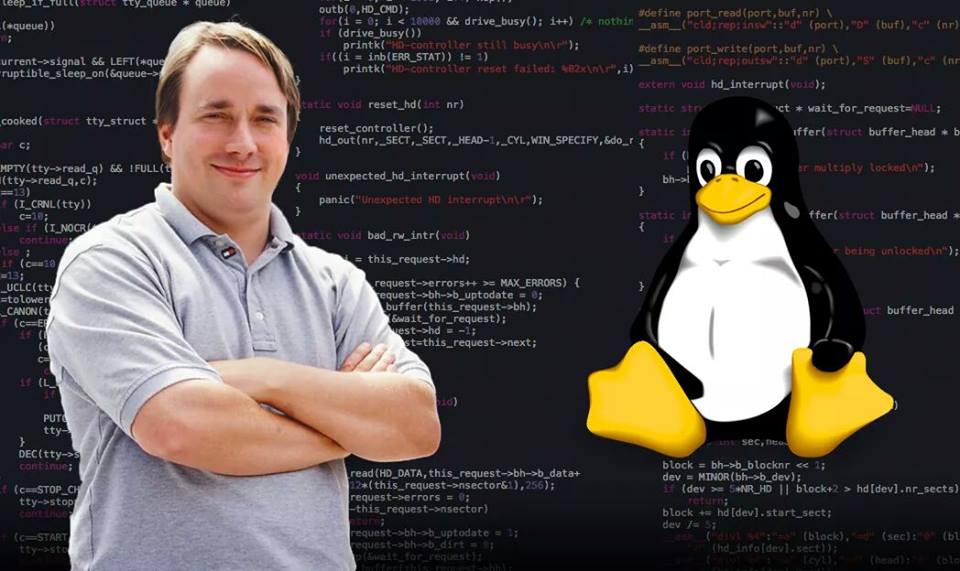Linux -the best Operating System ever- celebrates today 25 years since it was announced on August 25th, 1991 by the Finnish developer Linus Torvalds. The Internet we are used to is powered by thousands of servers running Linux. Also, Linux is present in mobiles, embedded devices, NAS, laptops and super-computers.

But… what is exactly Linux? In short, Linux is the kernel (the core software that permits hardware to translate primitive orders into actions via software/hardware), but, if speak about that kernel plus the necessary utilities to meet the user’s needs we should formerly refer that as GNU/Linux. Hey, hey… one moment… So, now what is GNU? It drives to introduce you to the GNU Project. You can read an extensive explanation of what it is in that link, but, for our straight to the point matter I’ll tell you that such GNU project has been responsible to provide a lot of software that we can find in the GNU/Linux distributions (Debian, Fedora, Ubuntu, Slackware, Arch Linux, etc). This mix of Linux and GNU occurred in 1992, when Torvalds released its project -Linux- as free software and it was adopted by the GNU project -leaded by Richard Stallman.
Linux, myself and some others
When I met GNU/Linux it was love at first sight. It was an amazing OS for my education and daily computer needs. I remember of myself jumping from one to another distro just for fun and to learn how Linux was able to adapt so easily to the computer’s hardware. My curiosity grew up much and I started digging the intimacy of /etc and the services.
I was so fortunate because I met people from the whole world who aligned to contribute to FOSS and discuss about issues in forums. By the sudden I found myself involved in an ever growing community of people enjoying the democracy of knowledge and helping others by giving advice with regards to issues, projects and commercial deployments.
Nowadays I can’t figure out a single day without Tux (that nice penguin, the pet of Linux). I know for sure millions around the world share in this feeling.
Community and Commercial Support
Community and Commercial Support for Linux products are categories that sometimes overlaps… There are commercial products (RHEL, ie) that holds enthusiastic communities that contributes to their open solutions. For example, Red Hat Enterprise Linux sponsors communities like those of Fedora and CentOS. In a similar approach Novell sponsors openSuSE.
There are -of course- community concentric projects. Obviously the most well known of them is Debian, which produces an amazing GNU/Linux distribution for both the end user (who installs Debian in laptops and PCs) and Linux professionals who are in charge of System Administration of servers.
Future of Linux
In general, the future is very difficult to foresee; however, based upon current trends I can see Linux growing even more in the infrastructure environment, side by side of virtualization solutions like VMware, OpenStack and even Microsoft’s Azure.
Also, I think of Linux growing in the mobile cars sectors. I had seen Linux very close to embedded devices so I think this trend will go on.
Linux is such as stable OS that will continue as the main platform for serious business needs.